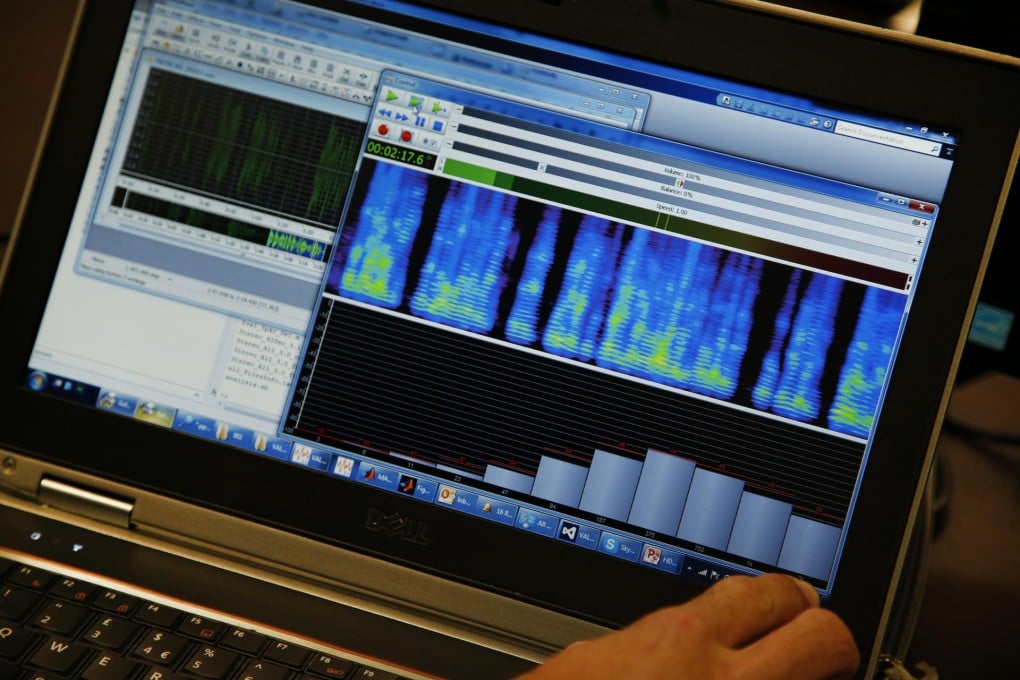'Voiceprints' increasingly replace passwords as new security standard
'Voiceprints' increasingly used by governments and businesses to replace passwords as new speaker-recognition software is rolled out

Over the telephone, in jail and online, a new digital bounty is being harvested: the human voice.

"We sometimes call it the invisible biometric," said Mike Goldgof, an executive at Madrid-based AGNITiO, one of about 10 leading companies in the field.
Those companies have helped enter more than 65 million voiceprints into corporate and government databases, according to Associated Press interviews with dozens of industry representatives and records requests in the US, Europe and elsewhere.
"There's a misconception that the technology we have today is only in the domain of the intelligence services, or the domain of Star Trek," said Paul Burmester, of London-based ValidSoft, a voice biometric vendor. "The technology is here today, well-proven and available."
And it's in high demand. Dan Miller, an analyst with Opus Research in San Francisco, estimates that the industry's revenue will roughly double from just under US$400 million last year to between US$730 million and US$900 million next year.